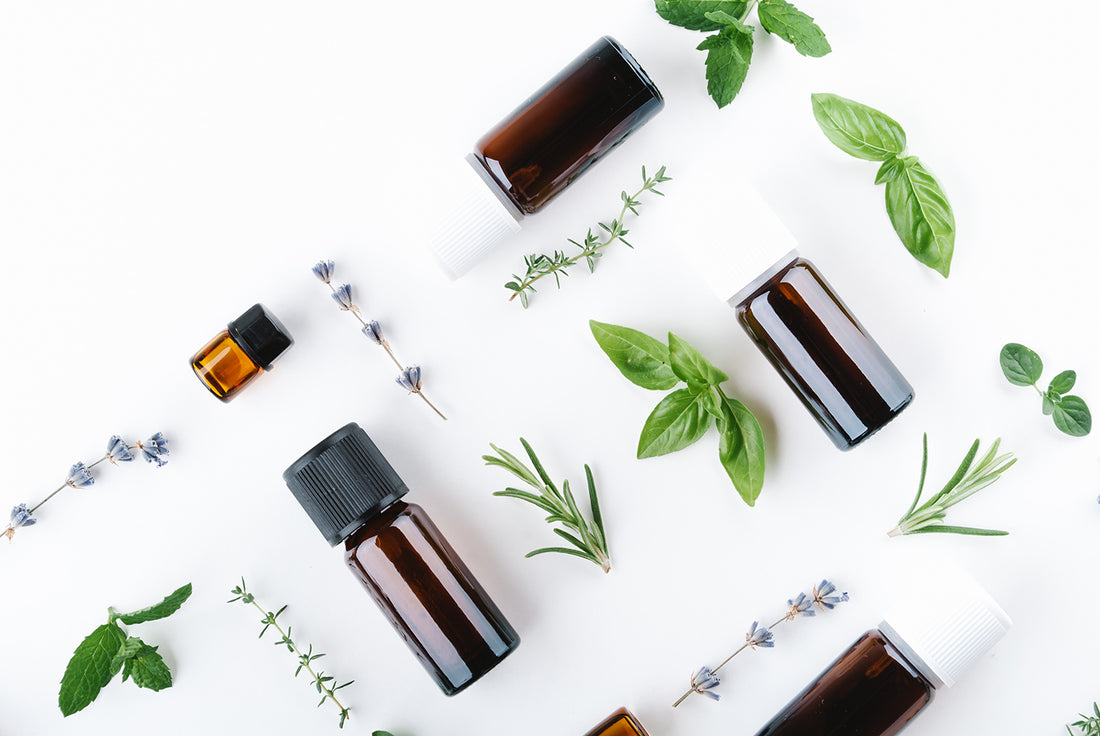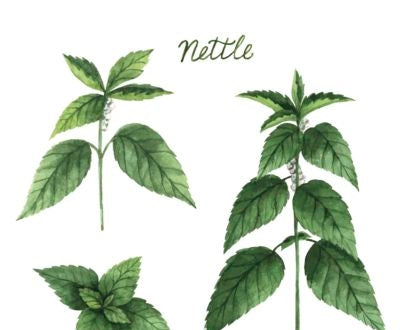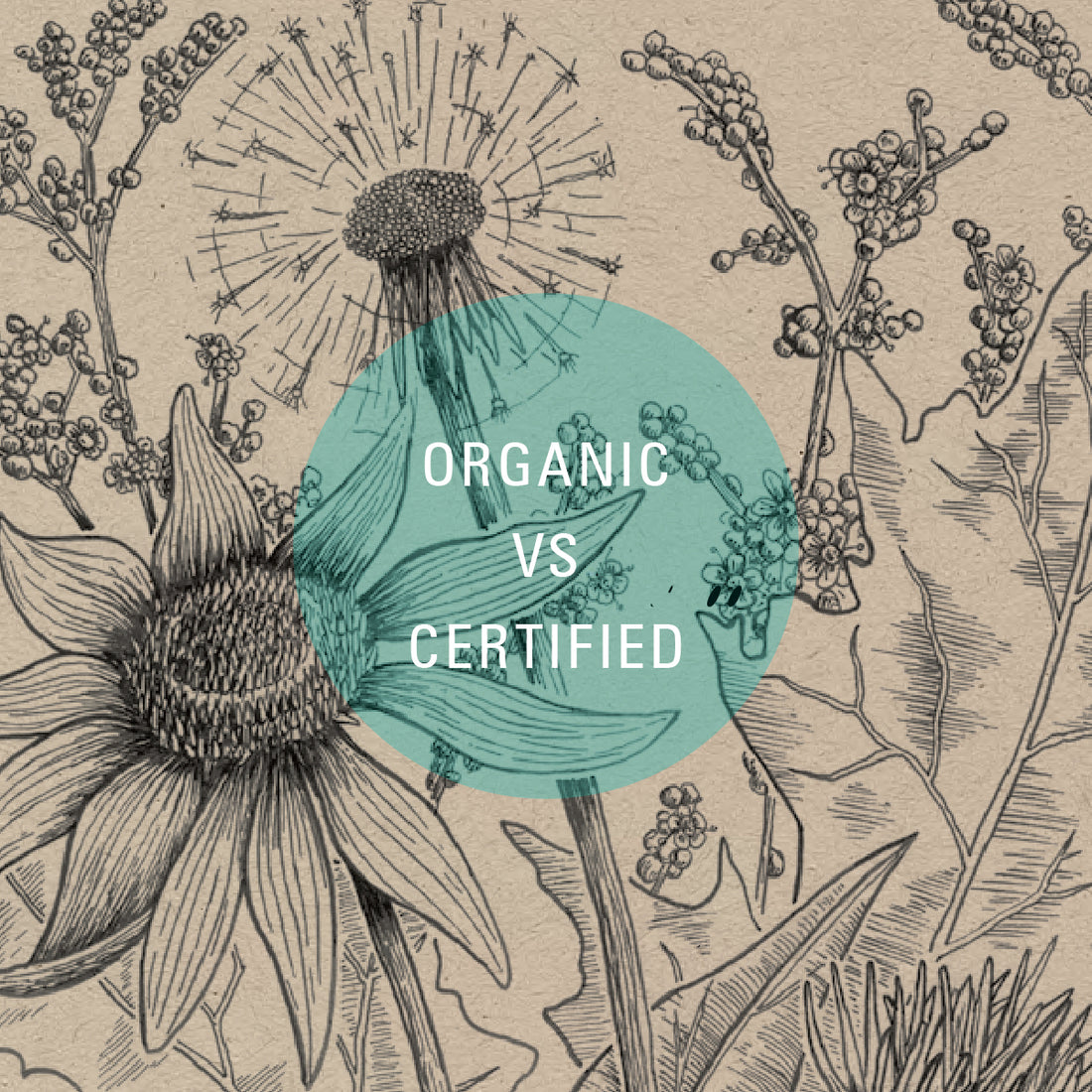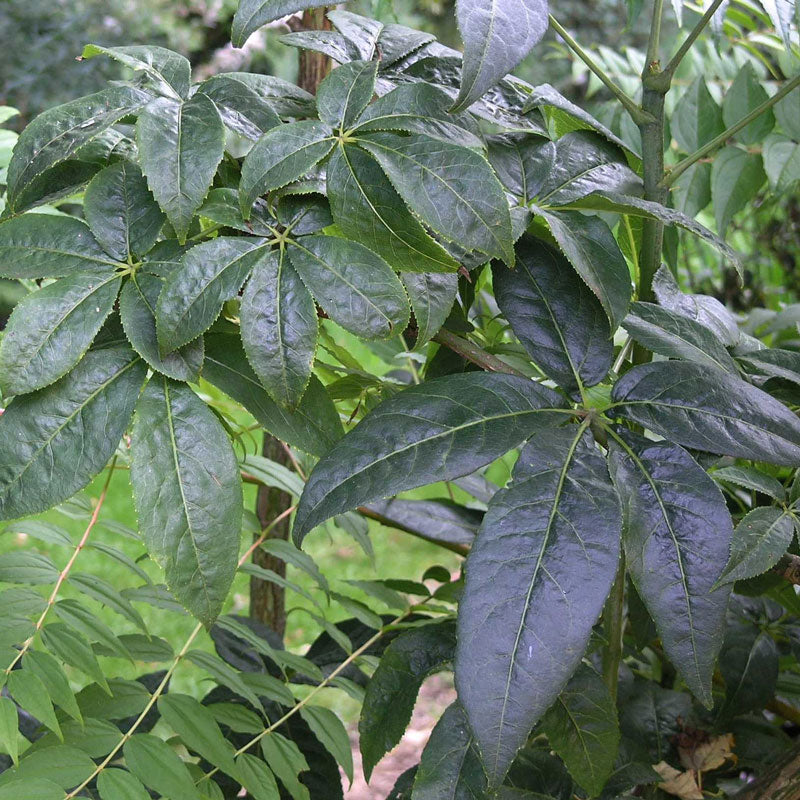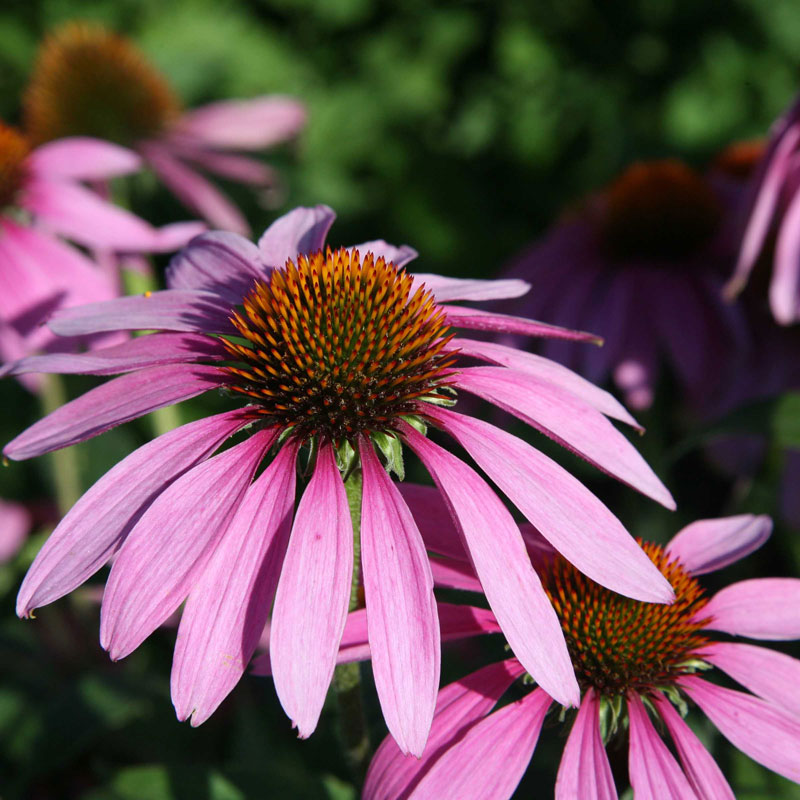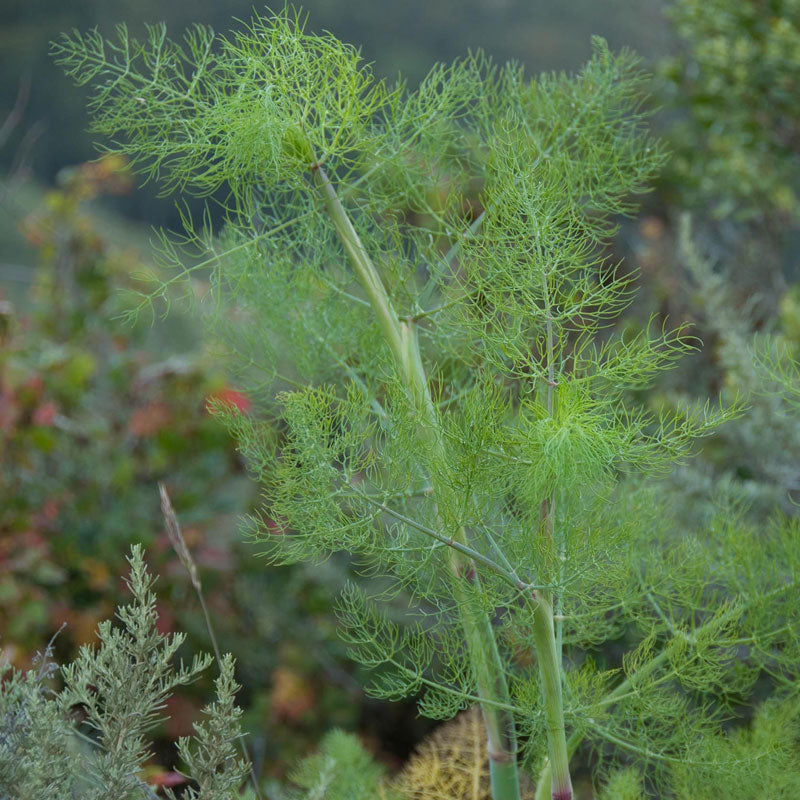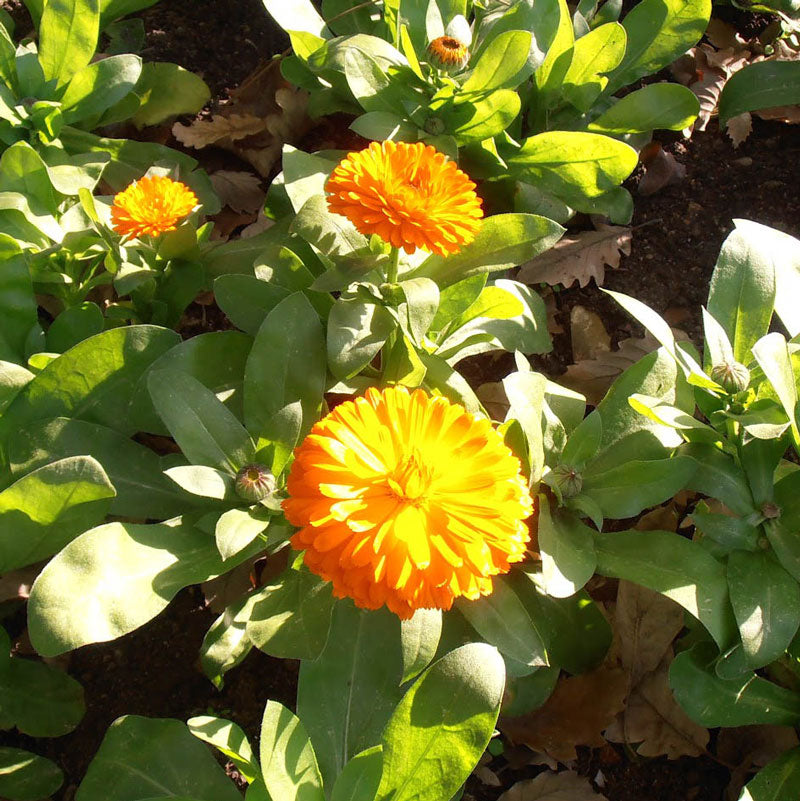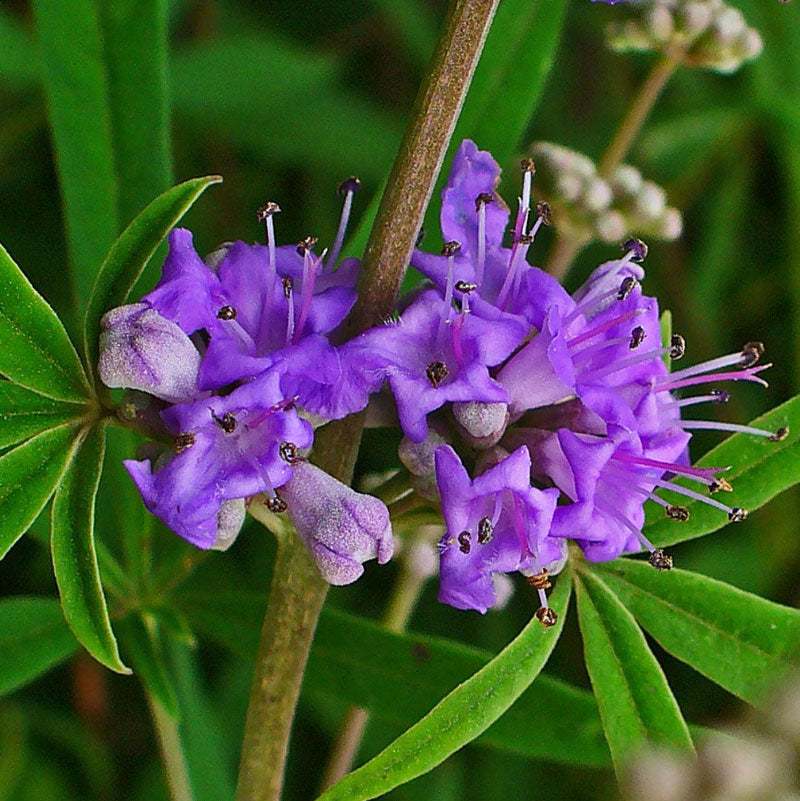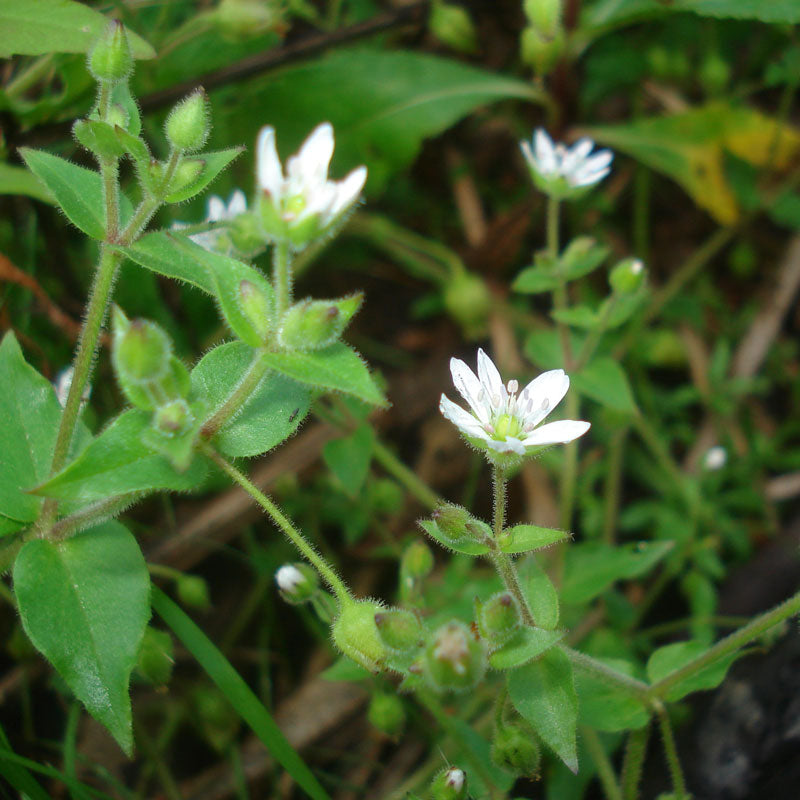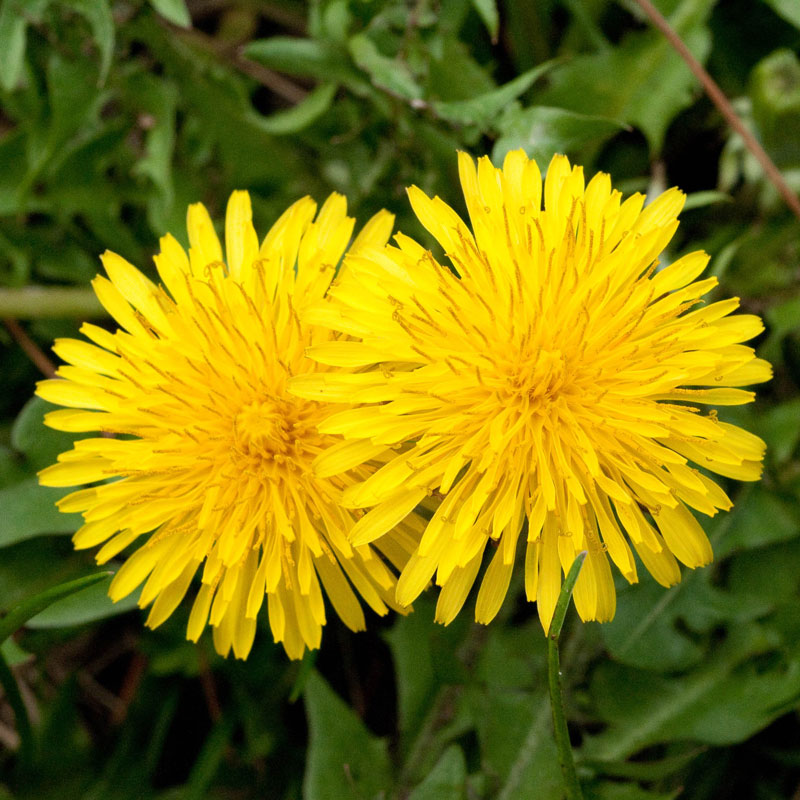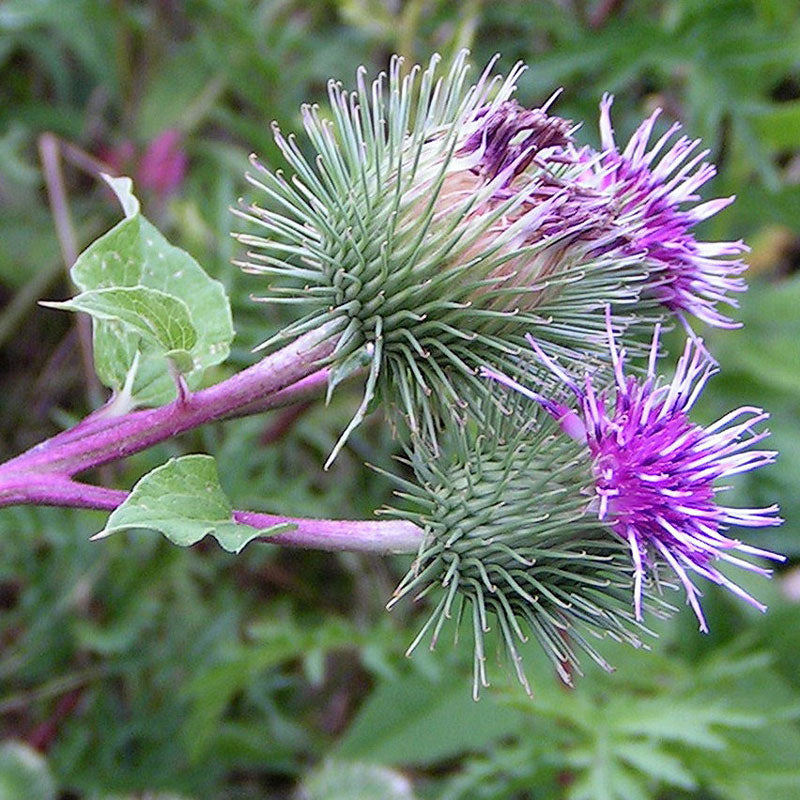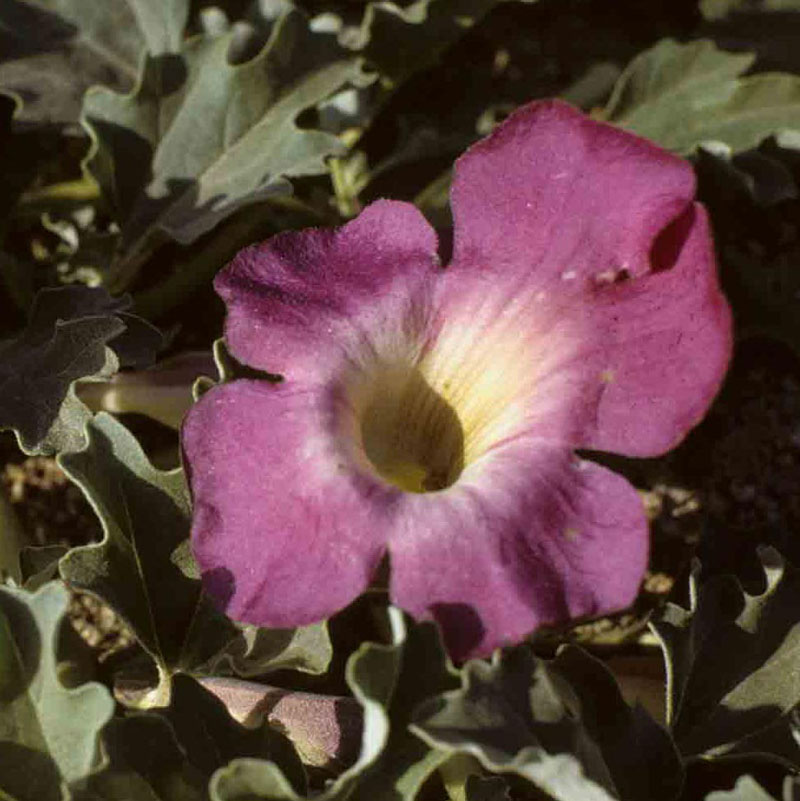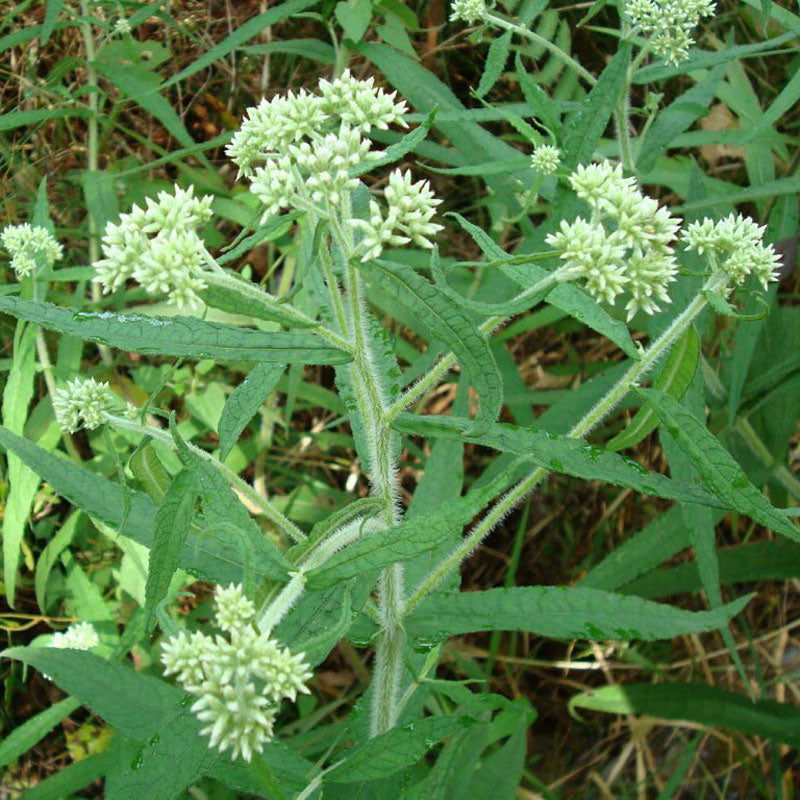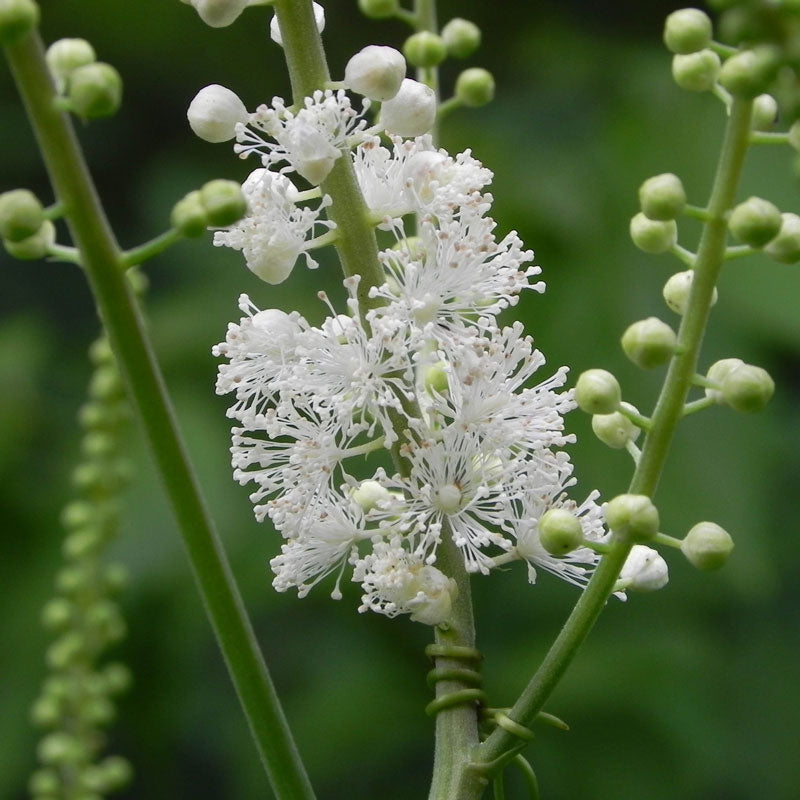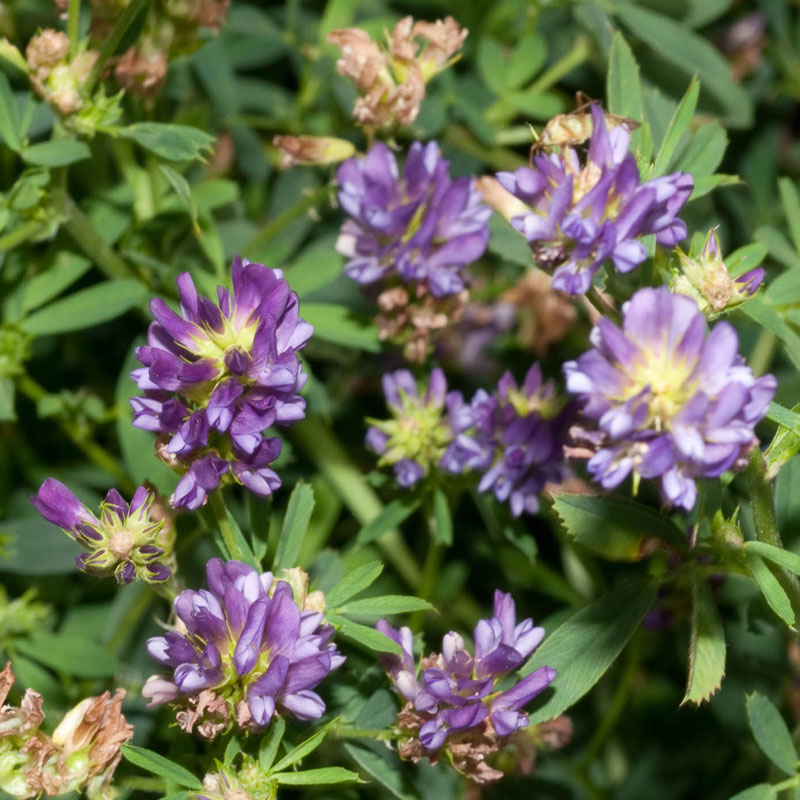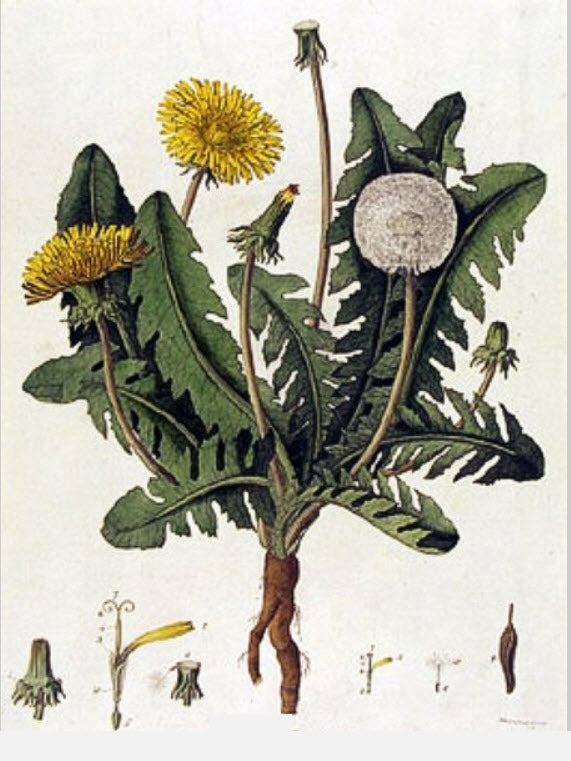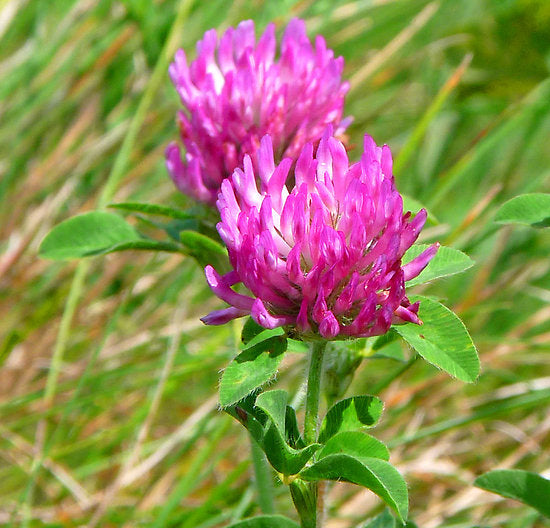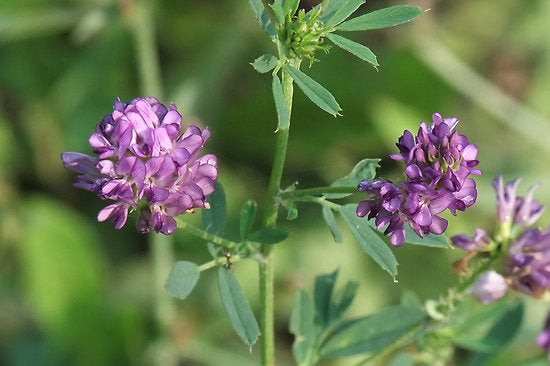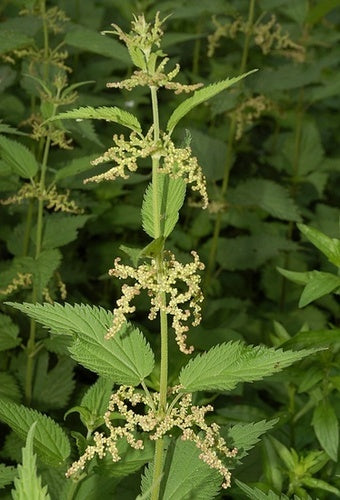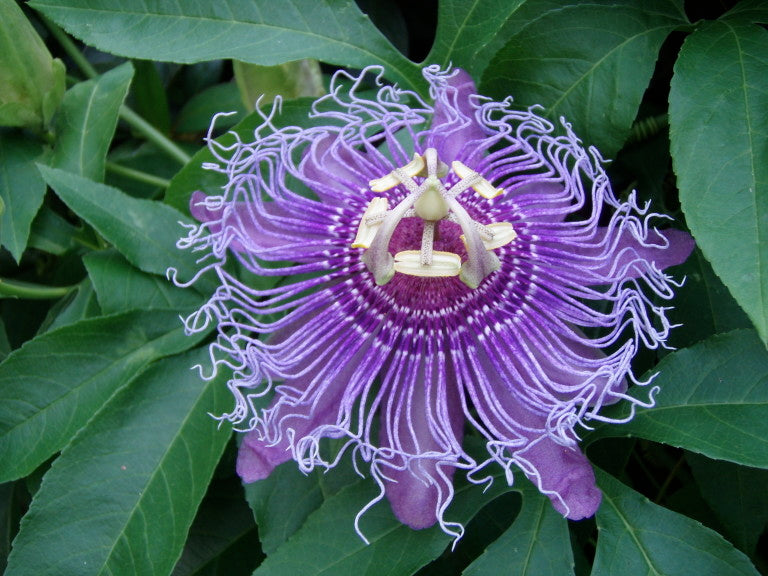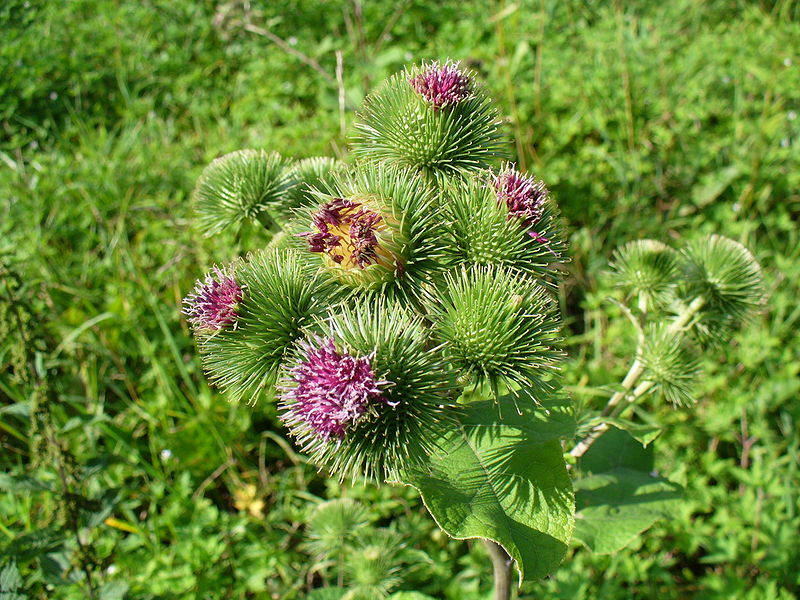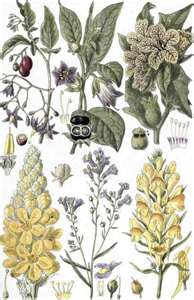Oh Cann-a-bis
 Photo by Thought Catalog on Unsplash
Photo by Thought Catalog on Unsplash
So you’ve heard the big news that as of yesterday, October 17, 2018, Canada has legalized recreational cannabis, becoming the second country to do so (apparently Uruguay was the first.) But did you know that medical cannabis has been legal in Canada since 2001?
More and more people are becoming aware of the numerous health benefits of this controversial plant. With mixed views on legalization, other countries will be watching Canada to see how the new law pans out.
Properties in cannabis have been shown to improve certain health conditions. Research on this is vast and, in fact, very well documented. I am currently taking a course so I can recommend appropriate dosages for those with health issues and concerns. But will people still seek advice from qualified practitioners if they can just pick up and smoke it themselves?
 Photo by Matthew Brodeur on Unsplash
Photo by Matthew Brodeur on Unsplash
Medical marijuana
Since 2001, medical marijuana has been available online through one of over 100, heavily regulated, licensed producers (by Health Canada). The websites provide a form that you take to your doctor or clinic to be signed, which then legally enables you to purchase medical cannabis online.CBD vs THC
These companies offer dried cannabis that can be smoked, but also offer capsules and oils, along with different strains. For example, if you suffer from arthritic pain accompanied by inflammation, a good product for you to take during the day would be a cannabidiol (referred to as CBD) oil or capsules, as there is no actual ‘high.’
Products labelled with CBD will not induce a feeling of being high; CBD is purely composed of the healing elements of cannabis.
Any products that have a Tetrahydrocannabinols (or THC) component, have the active chemical that is responsible for making its users high. But depending on the amount, you may not feel any of its effects at all. A product with the right amount of THC can allow you to relax, release pain from your body, and help you drift into a great night’s sleep. The use of medical cannabis does not get you high, so to speak.
A whole new world
Now that it’s legal, adults will be able buy cannabis oil, seeds and plants and dried cannabis from licensed producers and retailers and to possess up to 30 grams (one ounce) of dried cannabis in public.
Edibles, or cannabis-infused foods, will not be immediately available for purchase but will be within a year of the bill coming into force. The delay is meant to give the government time to set out regulations specific to those products.
Retail and relief
As cannabis retail stores are set to open, some of these medical products might be available on shelves, but they will be more inclined to cater to recreational users. The amount of retail stores will be determined at a provincial level.
Cannabis has been shown to reduce or alleviate symptoms of the following:
- various types of cancer
- ADD
- ADHD
- Brain injury
- Chronic pain
- Alzheimer’s disease
- Anxiety
- Arthritis
- Depression
- Epilepsy
- HIV/AIDS
- Crohn’s Disease,
- PTSD
- Fibromyalgia
- Parkinson’s disease
- Multiple sclerosis
- Hepatitis C
- Muscle spasms
- Kidney failure
- Gastrointestinal disorders
- Spinal cord injuries
Upon completion of my course at the end of November I will be able to advise people on which products and amounts to use, to help aid these ailments. If you have any health concerns and would like to know more about cannabis, feel free to email me your questions.
Until then I will provide further information on how to reap the benefits, whether you want the high alongside it or not.
More detailed research on the benefits of cannabis can be found at: www.cannabisresearch.mcmaster.ca


